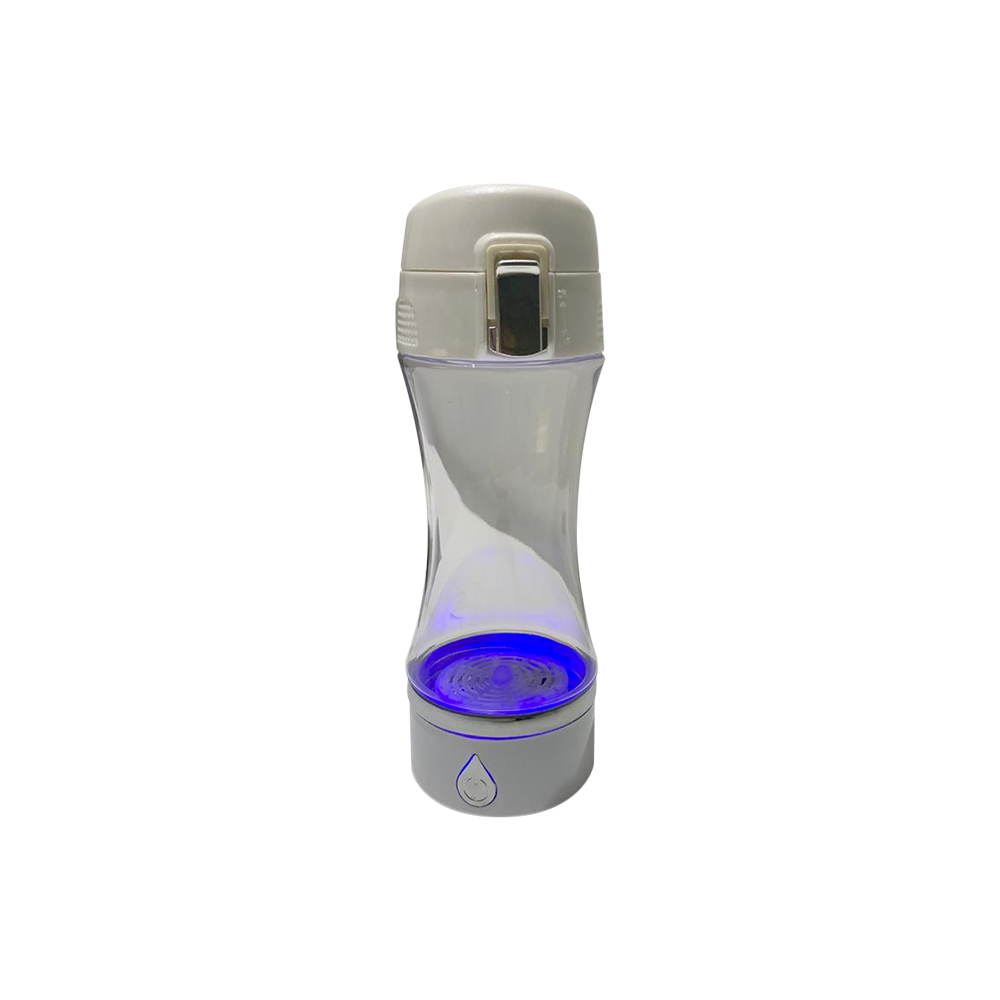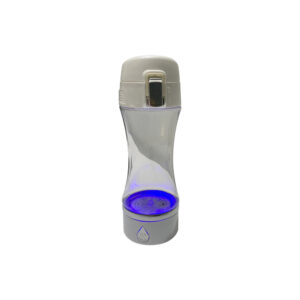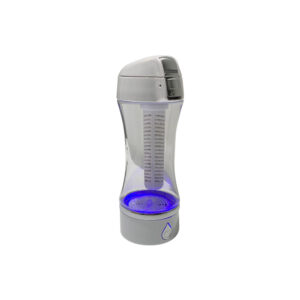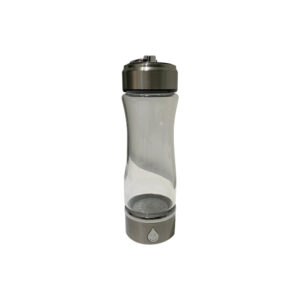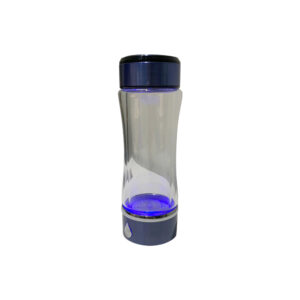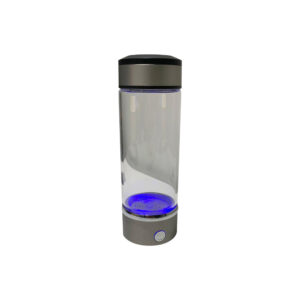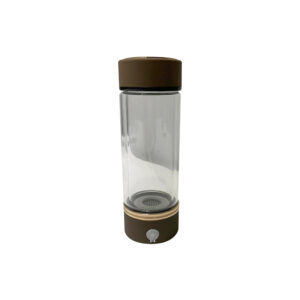Currently Empty: R0.00
Next day delivery in store
Buy before 6pm to receive your order next day.Next day delivery
Orders before 6pm from Monday to Saturday (or before 1pm on Sunday) will be delivered Next working day (except Northern Ireland and Highlands). Orders placed after 6pm (after 1pm on Sunday) or for Northern Ireland and Highlands will be delivered in 2 working days.Drop Point
In 2-3 working days. Pick up your parcel in one of the many diferent collection points available and during a wide range of hours.Same day delivery in London:
Place your order before 13:00 to get it today!. If you order later on, you’ll receive it the next day and if you order on Sunday, you’ll receive it the next working day.SHIPPING
Complimentary ground shipping within 1 to 7 business days In-store collection available within 1 to 7 business days Next-day and Express delivery options also available Purchases are delivered in an orange box tied with a Bolduc ribbon, with the exception of certain items See the delivery FAQs for details on shipping methods, costs and delivery timesCharacteristics of wood :
- Hard, compact , fiberous and porous
- Good wood gives a rich, warm and beautiful surface.
Wood is used for the construction of:
- Floor, Furniture, Walls
- Incidental furnishing (lampshades, picture frames)
- Kitchen & restaurant ware
Description
|
SPECIFICATIONS |
|||
|
Volume |
350ml |
||
|
Material |
Stainless Steel |
||
|
Motor Model |
5W |
Seal Ring |
Silicone |
|
Working Current |
1A |
PPM |
>800 unit |
|
Battery Capacity |
1000MAh |
Color |
Pink, White |
|
Power Supply |
DC12V |
OEM Service |
yes |
|
1A |
Cup Body |
PC |
|
|
Charging Time |
Approx 3h-4h |
TRITAN |
|
|
Working time after Full charging |
15-20 times |
Certificate |
SGS |
|
Size of the box |
24.8*8.1*8.1cm |
N.W./G.W. |
9.5KGS/10.3KGS |
|
Size of the carton box effects |
42*33*26cm |
12170PCS |
|
|
Quantity /Carton |
20PCS/CTN |
40GP |
25700PCS |
|
40HQ |
30200PCS |
||
WHAT IS MOLECULAR HYDROGEN?
First off, when we talk about molecular hydrogen (H2), most people do not have the slightest idea of what we are talking about. Taking a step back to highlight the relevance of the topic at hand, we would like first to talk about hydrogen as this is the best bet for understanding Molecular Hydrogen and its relevance to us today.
Hydrogen is a chemical element on the periodic table with the symbol H with an atomic number 1 and a standard atomic weight of 1.008. It is the lightest element on the periodic table as it is. But only when two hydrogen atoms bond together is when we have molecular hydrogen.
H2 + O = H2o
Hydrogen can do far more than we give it credit. Beyond our wildest imagination, we never knew that the lightest element on the periodic table could be the next big thing and the most prevalent molecule in the universe today especially when it comes which is the background of the entire study. On a scientific basis, hydrogen is very reactive and has a very high tendency to bond with another hydrogen atom almost immediately to form molecular hydrogen (H2 gas).
Now as we know, hydrogen has a uniquely small size and mass and a neutral charge. These unique features give it the ability to easily penetrate the cell membrane as well as the blood-brain barrier and even the cell nucleus where it repairs and protects DNA, enhancing mitochondrial health. This breakthrough has been staring us right in the face but with the improvement in the scientific methods and other forms of healthcare development we are able adequately to use this development to our advantage.
Interesting Facts about Hydrogen
- Hydrogen is odorless, colorless, and tasteless; in this way, it is imperceptible by the human senses.
- About 10 percent of the heaviness of living life forms is hydrogen essentially in water, proteins, and fats.
- Liquid hydrogen has the most minimal thickness of any fluid.
- Hydrogen is the main component that can exist without neutrons. Hydrogenʼs most bountiful isotope has no neutrons.
- We owe the greater part of the vitality on our planet to hydrogen. The Sunʼs atomic flames change from hydrogen to helium discharging a lot of vitality.
- In nature, H2 is created by microscopic organisms and green growth by means of anaerobic digestion. This may represent a portion of the H2 that is distinguished in our air despite the fact that it is not at a sufficiently high fixation to have any kind of effect in our lives.
- For people, the microscopic organisms in your digestion tracts produce H2 as they age unabsorbed sugars. The H2 created in your digestion tracts is either breathed out by means of your breath or fart. Typically, the measure of Molecular Hydrogen created by the microorganisms in your gut isnʼt sufficient to give observable restorative advantages.
- Hydrogen is highly flammable but will not ignite unless an oxidizer which is air and ignition source is present. One of the major reasons why it is the fuel of choice used by NASA for space exploration.
MOLECULAR HYDROGEN FOR HEALTH
As highlighted earlier, molecular hydrogen is a very simple molecule, and its simplicity is the reason why it is being overlooked. This molecule has a variety of health benefits that have been confirmed ones the course of ten years of study some of which are.
- Activation Power
- Molecular hydrogen helps the body’s antioxidant system through an activation pattern that is selective, signaling specific cell pathways which in turn contribute to the regulation of detoxification, antioxidant, and cell small genes.
- Cell Modulation
- Molecular hydrogen has a greatly known ability to access the nucleus and the mitochondria, producing very unique cell-modulating effects which can affect health gene expressions, cell metabolism, and cell signaling in a very positive way yielding anti-obesity (a well sought function), anti-inflammatory, anti-aller- gy and anti-aging effects, things which many individuals today spend a whole lot of money trying to achieve.
- Anti-oxidant Power
- Molecular hydrogen is a very powerful antioxidant. It is very powerful in the sense that it targets only the worst of free radicals in the body like hydroxyl free radicals (OH). The simplicity attached to the elimination of this free radical when it comes to molecular hydro- gen is astonishing and can never be over-emphasized.
In the diagram below you will how free radicals a major cause of oxidative stress can affect our bodies health.
Molecular hydrogen converts the most toxic free radicals into the water without the slight- est sight of any negative effect or by-product.
FREE RADICALS AND WHY THEY ARE DANGEROUS TO OUR HEALTH
We earlier mentioned free radicals pointing out the fact that they are one of the major dangers to human health today. These free radicals are byproducts of energy production in the mitochondria which is the human cell engine amongst other internally generated sources some of which are:
- Inflammation
- Phagocytosis
- Exercise
- Cigarette smoke
- Environmental pollution
- Radiation
- Drugs and pesticides
- Ozone
- Industrial solvents etc.
Free radicals are unstable short-lived and by any means possible, react to other molecules around their immediate environment to achieve stability. For stability we have to highlight the fact that a free radical has an unpaired electron and when looking for stability, it takes electrons from nearby molecules, causing instability in its host environment. Scientifically, free radicals are Reactive Oxygen Species (ROS) and with all we have mentioned about it, we have to understand the extent to which free radicals have caused major damage to the body of many individuals in their quest for stability.
The quest free radicals have for stability can never be underestimated as long- term effects of these free radicals have been linked to other chronic health issues like aging, cancer, diabetes, and cardiovascular and neurodegenerative diseases making the subject matter top priority in the nutritional supplement industry since findings have made it known.
The Most Dangerous Free Radical
Hydroxyl Radical
At the point when free radicals arenʼt wiped out rapidly, they change over into more hazardous free radicals. For instance, Hydrogen Peroxide promptly changes over into the most unsafe Hydroxyl Radicals within the sight of Iron (in platelets) or other progress metals.
Hydroxyl Radicals can likewise be delivered in your cells when you are open to Radiation, UV beams, or Electromagnetic frequencies (EMF). These are exceptionally active waves that enter your cells and separate water. In some cases, water parts into a Hydroxyl Radical as shown in the figure below


